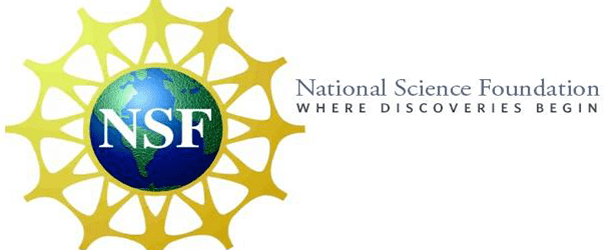NSF Need for Reliable Network for Quantum Information Systems a Major Reason for Creation of Quantum Leap Challenge Institutes

(FedScoop) Networking between quantum information systems is perhaps the largest barrier to further advances in computing and a major reason the National Science Foundation helped create the Quantum Leap Challenge Institutes in July.
Building bigger quantum computers is fine in theory, but multi-core quantum computers are comprised of smaller systems that require interconnects without losing fidelity, Denise Caldwell, division director for physics at NSF, recently explained.
NSF needs a network for quantum computers to communicate with each other and transmit information reliably.
The three Challenge Institutes — established to advance quantum information science (QIS) research and development with targeted investments from NSF to the tune of $75 million — will do just that, Caldwell said. Within the next five years, the university-hosted institutes are expected to answer questions about quantum sensing, high-fidelity networks and more reliable computers that will benefit government and industry.
NSF wants to promote quantum literacy in schools, Dagenais said, and was involved in launching the National Q-12 Education Partnership on Wednesday to provide nearly $1 million in funding for teacher immersion programs.
But college courses continue to be dictated by siloed departments, and more cross-departmental quantum engineering courses are needed. Further not enough academics teach computer science, and biology, as it intersects with QIS, remains an “immature” study, Dagenais said.
The Challenge Institutes could provide a quantum workforce pipeline for government.





















